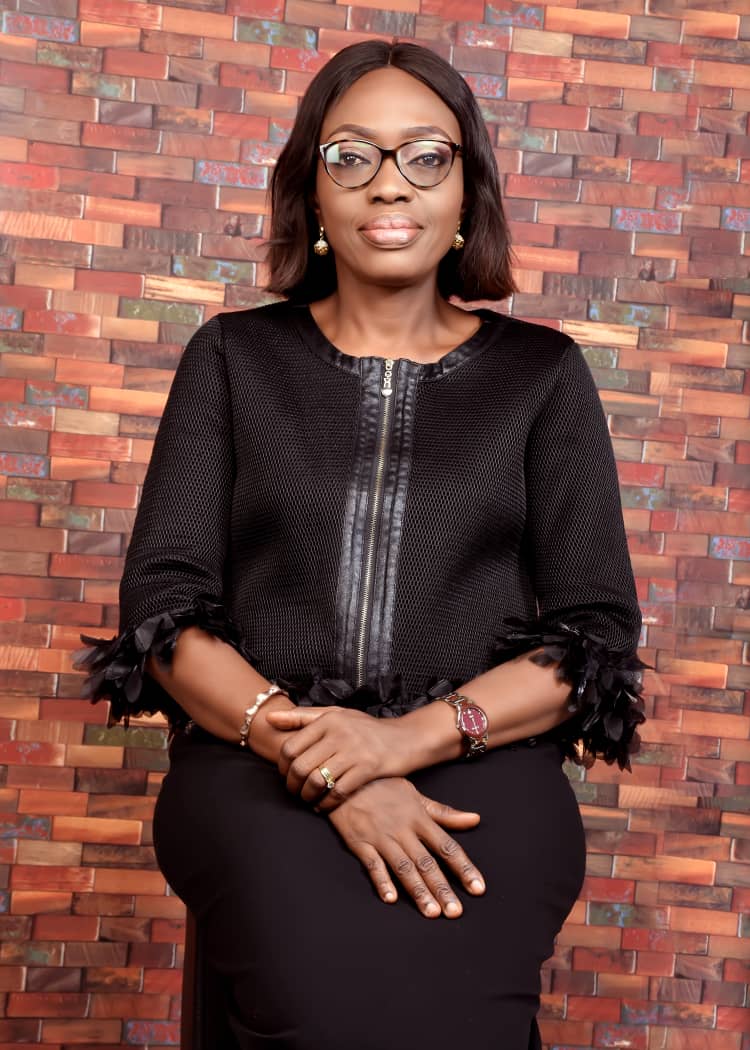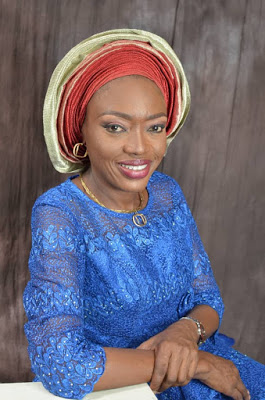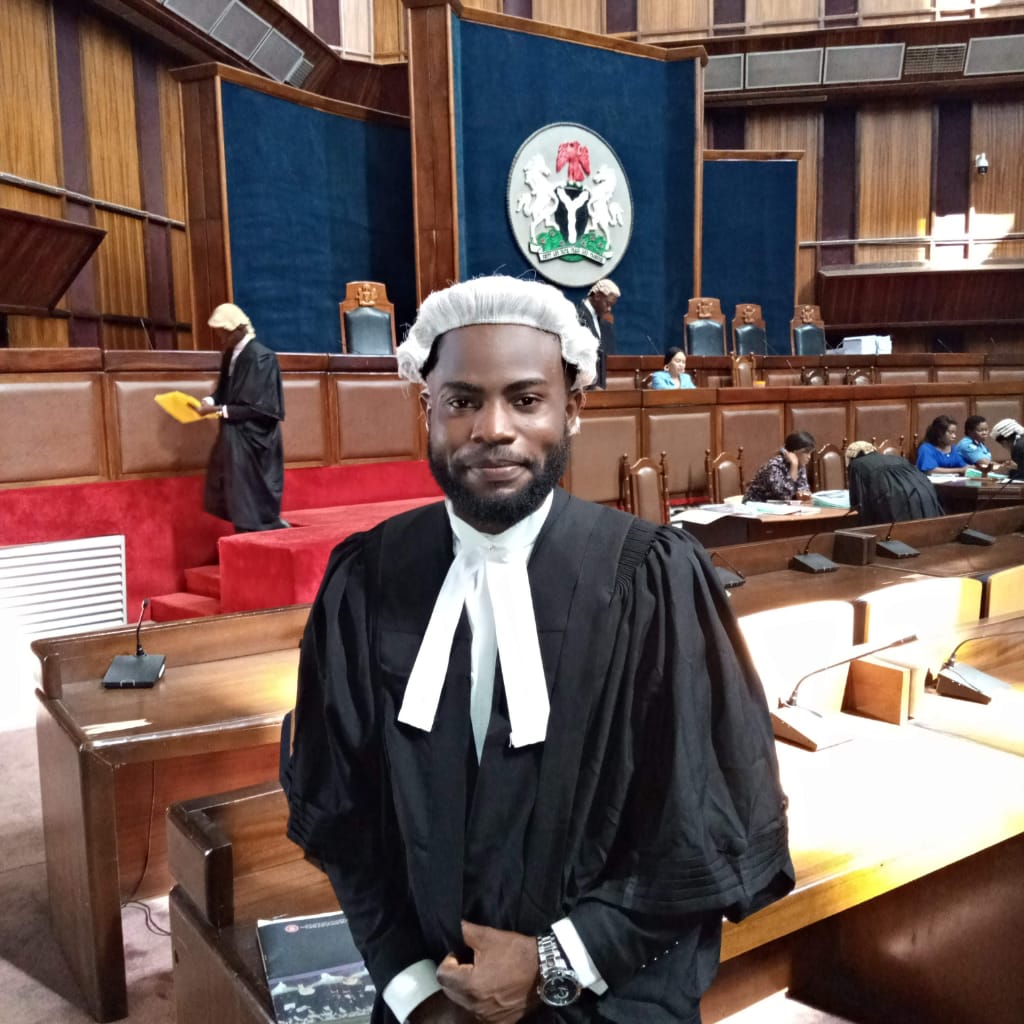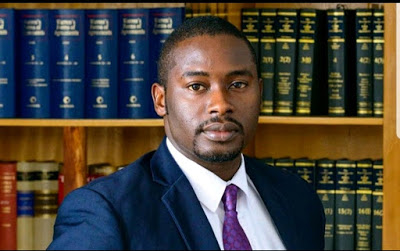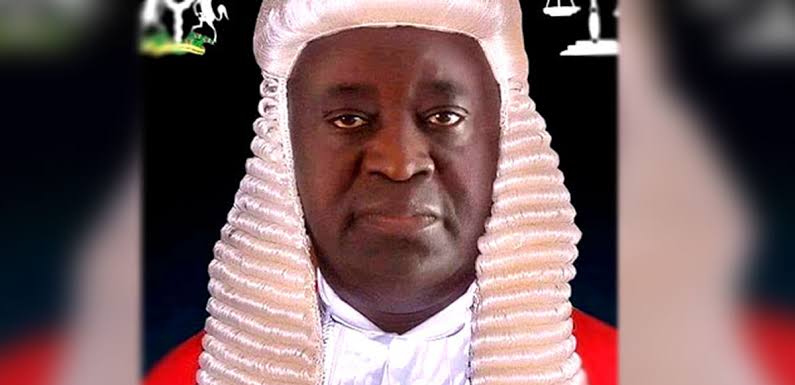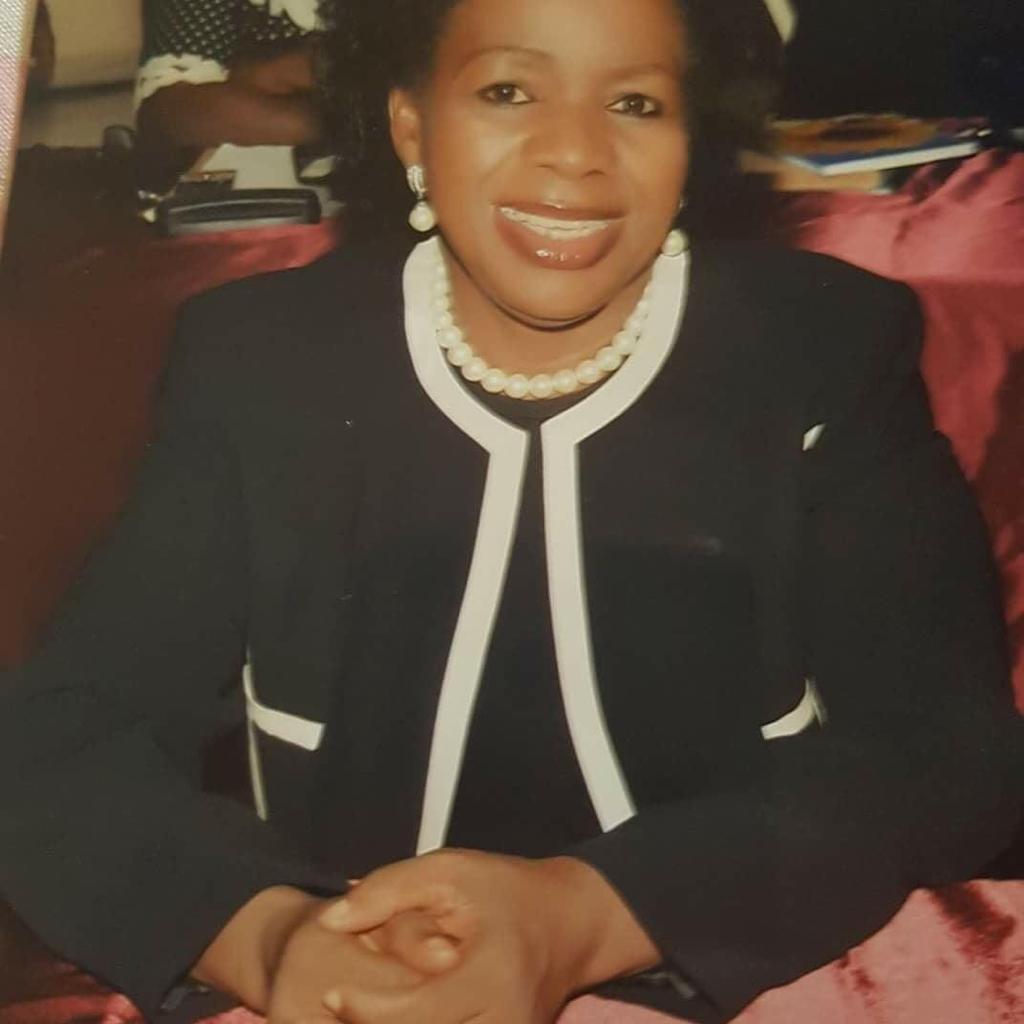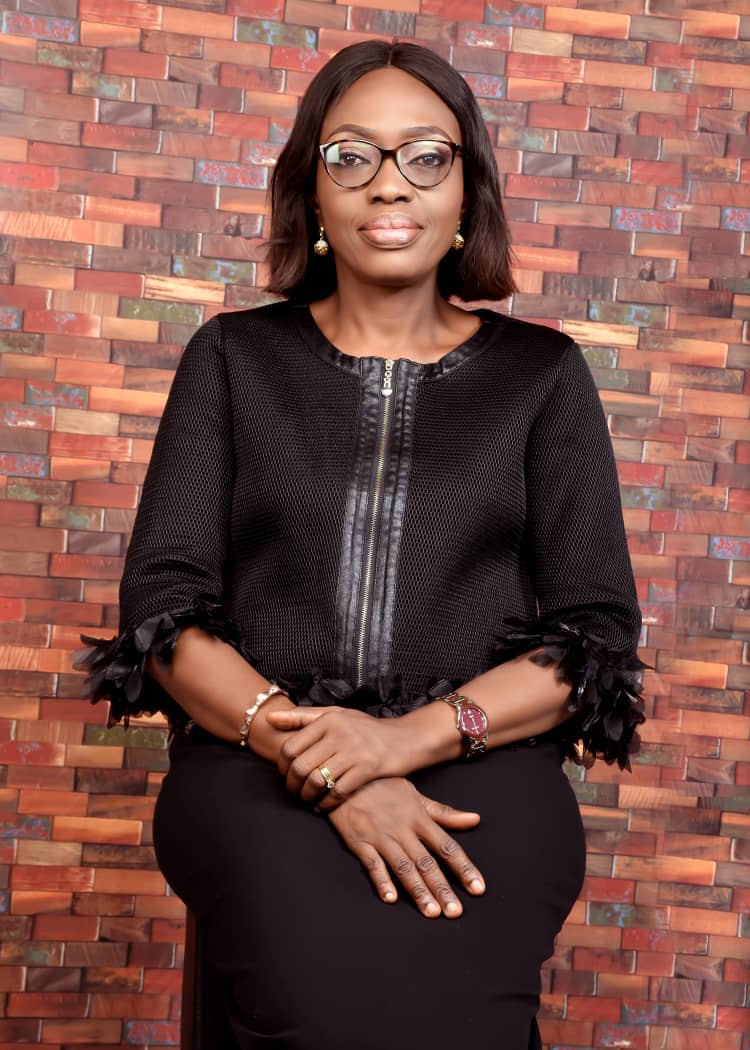Recently, the
Presidential Advisory Committee Against Corruption (“PACAC”) accused the Nigerian Supreme
Court of “reliance on technicalities rather than justice and public interest”
following its decision in the case of Ude Jones Udeogu v.
Federal Republic of Nigeria & 2 Others (SC622c/2019, delivered on May 8,
2020). In a release signed by its chairman, Professor Itse Sagay, SAN
(respected author of the ‘bible’ of Contract Law in Nigeria), PACAC said that
having reviewed the current state of the fight against corruption in the
country, it found that “these kinds of judgments pose a cog in the fight
against corruption especially because high profile individuals and politically
exposed persons already appear to be above the law”, see here and here.
This immediately calls to mind the common use by (Nigerian)
lawyers of the expressions “clog in the wheel of justice” or “cog in the wheel
of justice” or simply “cog” as the learned Senior Advocate of Nigeria has done,
to mean an “obstruction” or “impediment”
to the administration of justice. It must be pointed out straightaway that the
expression “clog in the wheel” does not exist in the English Dictionary. The
expression is an unwitting Nigerian adjustment of “cog in the wheel”, which has
a totally different, arguably opposite meaning.
The idiom “cog in the wheel” or “cog”
means a person regarded as holding a minor but necessary position in an
organisation, or one whose contribution to an organisation is considered
insignificant but is actually important. The Free Dictionary defines it to mean
“someone or something that is functionally necessary but of small significance or importance within a larger operation or organization”, see here. Merriam-Webster
provides a more concise definition: “a subordinate but integral person or part”.
Also “cog in the machine”, the idiom alludes to the role of the
mechanical cog, one of the teeth on a wheel or
gear that, by engaging other teeth, transmits or receives motion. Used
figuratively since about 1930, it sometimes is put as “small cog in a large wheel”, emphasizing a person’s
lack of importance, see here.
Ironically, while “cog in the
wheel” or “cog” is commonly used by Nigerians to mean something which slows
down or obstructs progress, a cog or cog in the wheel actually
has the opposite effect, which is that it ensures or enhances progress,
although its contribution to the grand scheme of things may be considered relatively
minor. Situating this within the context of law practice and the administration
of justice, from the learned SAN’s standpoint, decisions which are borne out of
undue reliance on technicalities certainly aren’t cogs in the fight against
corruption.
A proper use of the expression
would be “court
clerks and bailiffs are cogs in the wheel of the Nigerian justice system”. While their contribution to the bigger picture is
arguably minor, the unavailability of a court clerk or a bailiff is sure to
cause some problems. Indeed, a wheel or machine with a missing or
dysfunctional cog may not work at all.
On March 1, 2020, in a publication titled “War
of words as Nigerian English recognised by Oxford English Dictionary” (see here and here), the BBC broke the
exciting news that some Nigerian words and expressions had, deservedly so,
found their way into the Oxford English Dictionary. Against this background, some
argue that Nigerians have evolved their own meaning of the idiom cog in the
wheel, as distinct from the original meaning. Interesting point. However, while
the ‘Nigerianisation’ (hopefully this too will be recognised by the
lexicographers someday) of a foreign word or expression is one thing, the incorrect
use of a known word or expression especially by legal practitioners is quite
another.
This is perhaps an opportune time to comment on a
few other words and expressions commonly used incorrectly by Nigerian lawyers.
The use of “Of counsel” to simply
mean a lawyer, or a lawyer in a law firm
It is not uncommon to see a lawyer fully employed
in a law firm being referred to as “of counsel”:
“Tunde Musa, male, Nigerian, of counsel in the
law firm of Tunde Musa & Co.” or simply “Tunde Musa of counsel”.
“Of counsel” is actually a reference to a lawyer who participates on a
case by case basis in the activities of a law firm. A lawyer in an “of counsel”
position is not actively involved in the day-to-day work of a law firm but may
be available in particular matters or for consultation. The term may also
describe a semi-retired or retired partner who still keeps in touch with the
firm and typically provides high-level advice as a consultant, see here.
Black’s Law Dictionary, 9th Edition at
page 401 defines “of
counsel” as follows:
“1. A
lawyer employed by a party in a case; especially one who – although not the
principal attorney of record – is employed to assist in the preparation or
management of the case or in its presentation on appeal. 2. A lawyer who is
affiliated with a law firm, though not as a member, partner or associate.”The above definitions suggest that lawyers who
simply work in a law firm as counsel without any special circumstances
surrounding their engagement cannot be correctly referred to as “of counsel”.
A recent example where the expression was correctly
used can be found here. It reads:
“Myma Belo-Osagie recently retired as Senior Partner of the firm. She is
now Of Counsel with the firm, in which capacity she continues to lend her
expertise and wealth of experience to the firm…”
The use of “Vide” to mean “by”
Common examples include: “The suit was
commenced vide a writ of summons dated 12th July 2008″ or
“You cannot institute divorce proceedings vide a writ of summons”.
Vide is rooted in the Latin word vidēre which means “to see” and
is used simply to refer a reader to an item, resource, document, book, passage,
etc. Black’s
Law Dictionary, Ninth Edition at page 1703 simply defines vide as
“See”. Vide ante or vide supra refers
to a previous passage in a text while vide post or vide infra
refers to a later passage.
Vide is therefore an incorrect word to use where a
lawyer simply means to say “by”.
Examples of the proper use of the word are
“The suit was commenced on 25th July 2017, vide a copy of writ of
summons enclosed” or “An appeal is deemed to have been entered at the
Court of Appeal upon receipt of the Record of Proceedings at the Registry, vide
Order 4 Rule 10, Court of Appeal Rules 2016.
“Status quo
ante bellum” as the full form of “status quo” in all contexts.
Nigerian lawyers have been observed to make
statements like “we urge Your Lordship to restore the status quo ante
bellum”, even where the change in the status quo was devoid of hostility
or violence or breakdown of law and order.
From experience, the phrase is commonly applied
generically without regard to the apparent nuances. Quite a few Nigerian
lawyers think that status quo is simply short for status quo ante
bellum. While, it may loosely be used as such, status quo ante bellum
has a slightly different meaning.
A few Nigerian decisions demonstrate the meaning
and proper context of the phrase, see Akapo v. Hakeem-Habeeb & Ors. (1992) 6 NWLR (Pt 247)
266, where Philip Nnaemeka-Agu,
J.S.C. stated as follows:
“To begin with, the literal meaning of status quo
ante bellum is the state of affairs before the beginning of hostilities.
So, the status quo that ought to be maintained in this case is the state
of affairs that existed before the defendants’ forcible takeover of the
management and control of the family properties which constitutes the wrongful
act complained of in the application.”
See also the decision of the Court of Appeal in Olamoyegun
& Ors. Ebun & Ors. (2018) LPELR-46108 in which Chidi Nwaoma
Uwa, J.C.A. stated as follows:
“…it is a
harmless order to ensure that peace reigns and for the safety of lives and
property during the pendency of the substantive suit…The meaning and/or essence
of the Latin maxim status quo ante bellum is the state of affairs before
the beginning of hostilities. Therefore, the status quo that ought to be
maintained in this case is the state of affairs that existed before the
hostilities between the parties, which should be maintained until the
determination of the substantive matter.”
While status quo simply means “the situation
that currently exists” and status quo ante means “the situation that
existed before something else (being discussed) occurred” (vide Black’s
Law Dictionary (Ninth Edition) at page 1542), “ante” is Latin for
“before” while “bellum” is Latin for “war” (think belligerent,
belligerency), the phrase status quo ante bellum is therefore indicative
of the existence or threat of hostility and will not be applicable to
situations where hostility or violence did not occur or, is not envisaged.
“It is trite law”?
This is an expression commonly used to refer to a law
or legal principle that is common
knowledge or obvious. It therefore stands to reason that where a lawyer is
flying a whole new kite, that is, arguing a recondite point, advancing a fresh
argument from a brainwave, or seeking to test a new legislation, the expression
“it is trite law” should not be used. Obviously, the use of the word suggests
that the court would be likely to agree with the user since he only states what
is settled law. However, a fresh argument can stand a good chance of
succeeding, or the chance of ice in a furnace. Where there is an appreciable
chance that the court will disagree with the argument and decide the issue for
determination the other way, the use of the expression “trite law” is arguably
inapposite.
It is also noteworthy that the word trite (from Latin tritus, past participle of terere which
means ‘to rub’) means (an idea) that has become dull, bland, worn out,
hackneyed or ineffective on account of overuse or repetition. Hence, it implies a lack of imagination or original thinking.
One should reasonably prefer that the meaning of the words and expressions used
one’s brief to be as far from the foregoing as possible.
In Richard Wydick’s Plain English for Lawyers, 5th ed
(2005), at 58, the author described the expression as one of those expressions
that lawyers (and wannabe lawyers) use to give their writing ‘a legal smell’,
but which mean little to a non-lawyer – and may, more dangerously, ‘give a
false sense of precision and sometimes obscure a dangerous gap in analysis’,
see here. The overuse of
the word by lawyers appears to have rendered it, trite.
Perhaps a better expression will be “it
is established law” or “it is settled law”.
We are all guilty!
The above
is hardly surprising. Law practice is a tradition and new entrants often (they
are actually expected to) prepare their court processes and other documents by
simply adapting those prepared by their seniors or principals, the result being
a passing down of some of these expressions ‘from generation to generation’.
PLEASE NOTE:
The above is simply a knowledge-sharing effort. No denigration
whatsoever, of person, clime or profession, is intended.
Kelechukwu K. Okwujiako is a partner
at OkwujiakoLP, a law firm based in Lagos Nigeria. He can be reached at kkokwujiako@okwujiakolp.com
